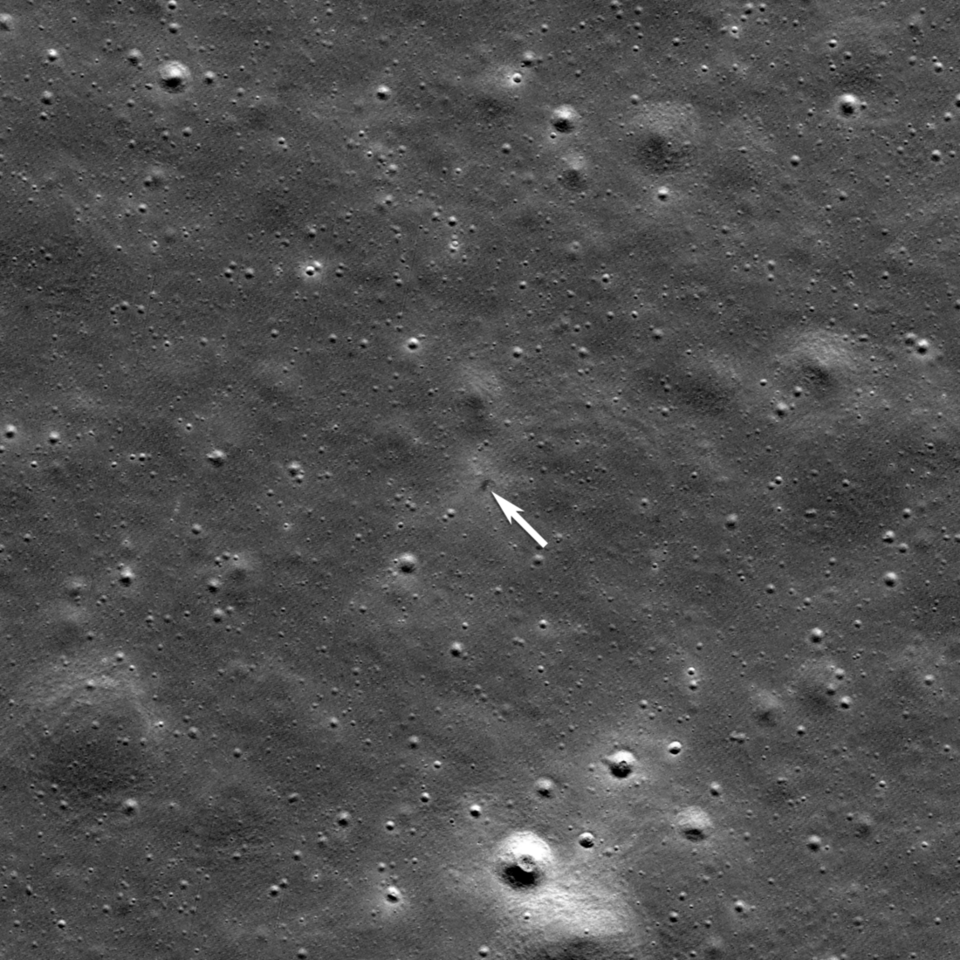Ancient Worm Evolution Insights Could Revolutionize Cancer Research

In a groundbreaking study, researchers from Trinity College Dublin have unveiled significant findings regarding the evolutionary adaptations of ancient worms that may offer new insights into cancer cell development. Conducted by Professor Aoife McLysaght and published in the esteemed journal *Nature Ecology and Evolution*, this research challenges long-standing perceptions of the evolutionary process, demonstrating that rapid genetic changes can occur in response to environmental shifts.
Traditionally, evolution is perceived as a slow and gradual process, taking millions of years for species to adapt. For instance, it is estimated that humans evolved from ape-like ancestors over a span of six million years, retaining approximately 98.8% of their DNA with chimpanzees. However, the latest findings indicate that certain ancient worms underwent a dramatic genomic overhaul approximately 200 million years ago, coinciding with their transition from aquatic to terrestrial habitats.
According to Professor McLysaght, the worms experienced a phenomenon termed 'massive genome rearrangement.' This process involved a radical restructuring of their genetic material, likened to a chaotic reorganization of a library's books. Instead of a careful and methodical adaptation, the research suggests a complete genetic reshuffling akin to a 'confetti party,' where genes are randomly mixed and reassembled.
"During a critical evolutionary moment, these worms experienced what geneticists call a massive genome rearrangement," stated Professor McLysaght, who is a prominent figure in the field of genetics at Trinity College Dublin. "This dramatic genetic upheaval appears to have been a vital adaptation mechanism, allowing them to survive in a new environment."
Remarkably, while such drastic genetic alterations would typically be fatal for most organisms, these ancient worms thrived, suggesting a unique evolutionary advantage. The study reveals that some of the genes recombined during this reorganization, creating entirely new genetic configurations, which facilitated their adaptation to terrestrial life.
This evolutionary strategy bears a striking resemblance to processes observed in cancer cells, where genomes become fragmented and reassembled in unpredictable ways. Professor McLysaght posits that understanding how these ancient worms managed to survive and adapt to such radical genetic changes could provide critical insights into cancer research. "While typically associated with disease, in this evolutionary context, it appears to be a potential survival strategy," she elaborated. "If we can decipher the mechanisms behind these rapid genetic changes in cancer cells, we may uncover new avenues for treatment."
The implications of this study extend beyond evolutionary biology; they may pave the way for advancements in medical research, particularly in understanding how cancer cells proliferate despite genomic instability. This research underscores the importance of examining evolutionary phenomena to glean insights into contemporary challenges in health and medicine.
As the scientific community continues to explore the intersections between evolution and cancer research, this study serves as a reminder of the complexity and adaptability of life forms. Future investigations may further elucidate the mechanisms by which organisms navigate extreme genetic changes, potentially transforming our approach to understanding and treating cancer.
Advertisement
Tags
Advertisement





